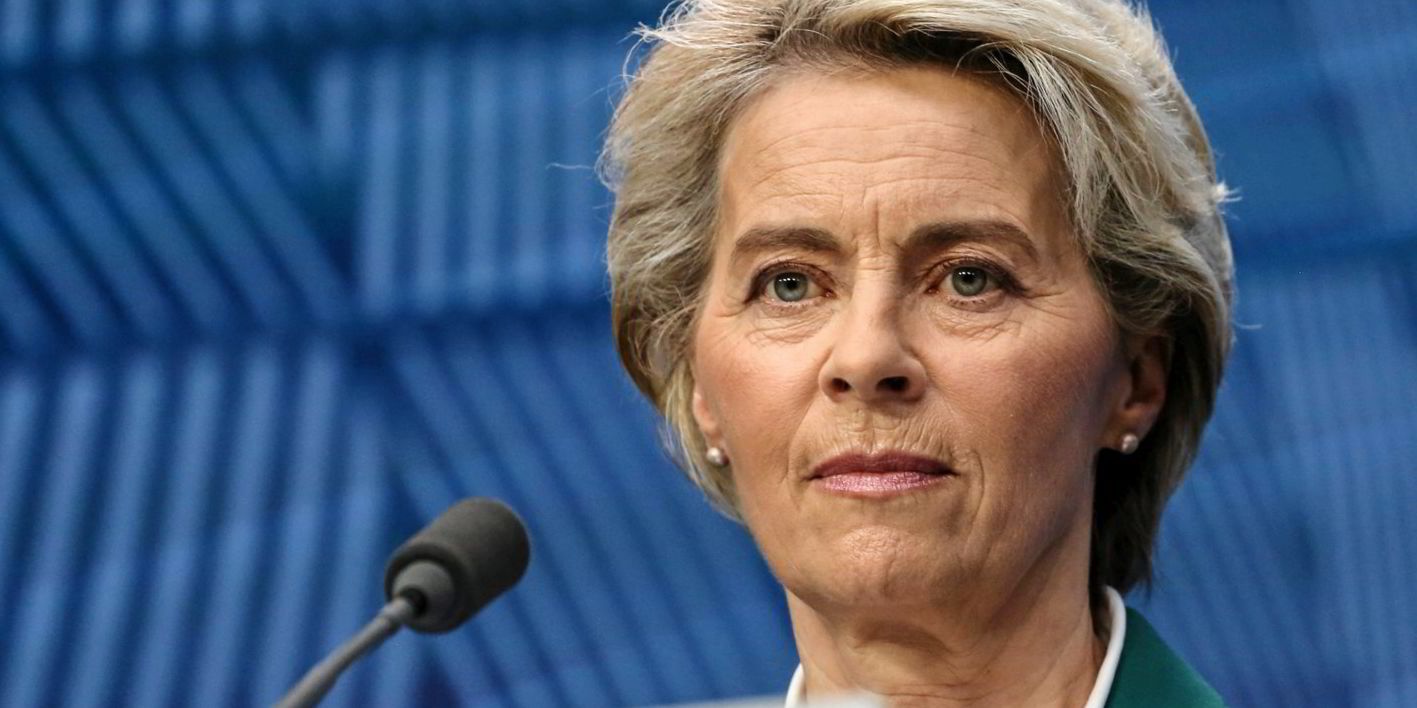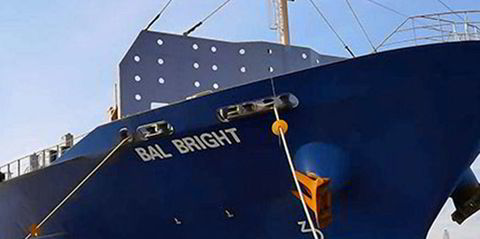The impact on tanker markets of the Russian oil price cap is almost impossible to forecast as the European Union continues to wrangle over key details of the plan less than a week before it starts, said shipowner body Bimco.
The scheme is designed to limit the impact of a squeeze on global oil supply and surging prices when the European Union bans seaborne Russian imports from 5 December.
The plan — strongly promoted by the United States — would allow EU shipowners to continue carrying Russian crude to countries outside of the 27-nation bloc as long as prices were below the level of the cap.
The scheme is also due to start on 5 December alongside the ban on Russian imports but the bloc is still arguing over the level of the cap.
Shipping nations Malta, Cyprus and Greek are said to be arguing for a high cap level while some of Russia’s closest neighbours are pushing for a cap of around $30 a barrel to limit Russian fossil fuel profits used to fund the invasion of Ukraine.
Bimco predicted on Wednesday that the EU’s ban on Russian seaborne crude imports and refined oil products two months later would lead to a boost in earnings for tanker owners as buyers are forced to look further afield for supplies in 2023.
“Overall, we still expect solid improvements in trading conditions for both tanker markets in 2023, followed by minor improvements in 2024,” said Bimco in its quarterly outlook report.
Demand in the crude tanker market is expected to grow 4-5% next year owing to the effect of Russian trade changes combined with a supply squeeze as tankers slow to comply with new environmental regulations, said Bimco’s chief shipping analyst Niels Rasmussen.
But he said it was impossible to predict what effect the price cap would have on rates as it was unclear the extent to which mainstream European tanker owners could exploit the scheme to move Russian oil to Asian and other long-haul markets next year.
Some brokers have predicted that most mainstream European owners will snub the price cap scheme because of the difficulties of complying with its rules and the reputational risks if they fail.
But lawyers have reported interest from owners seeking to tap into premium shipping rates on offer for moving Russian oil. Russia has said that it will refuse to ship oil to countries that support the scheme.
“I could kind of say anything because it is extremely difficult to forecast,” said Rasmussen. “We don’t know at what price the cap will be, [so] it’s nearly impossible to forecast.
Slightly wiser
“There are also rumours that Russian-based owners have been very eager in picking up tonnage and placing them in shell companies around the world so they can continue to trade with no need for support from countries looking at the price cap.
“So there is a possibility the normal fleet will see a reduction in support from Russian trades whereas the ‘dark fleet’ could increase… but it’s for everybody to see what happens in the market.
“When we get the price cap we might be slightly, slightly wiser,” he told a Bimco webinar.





